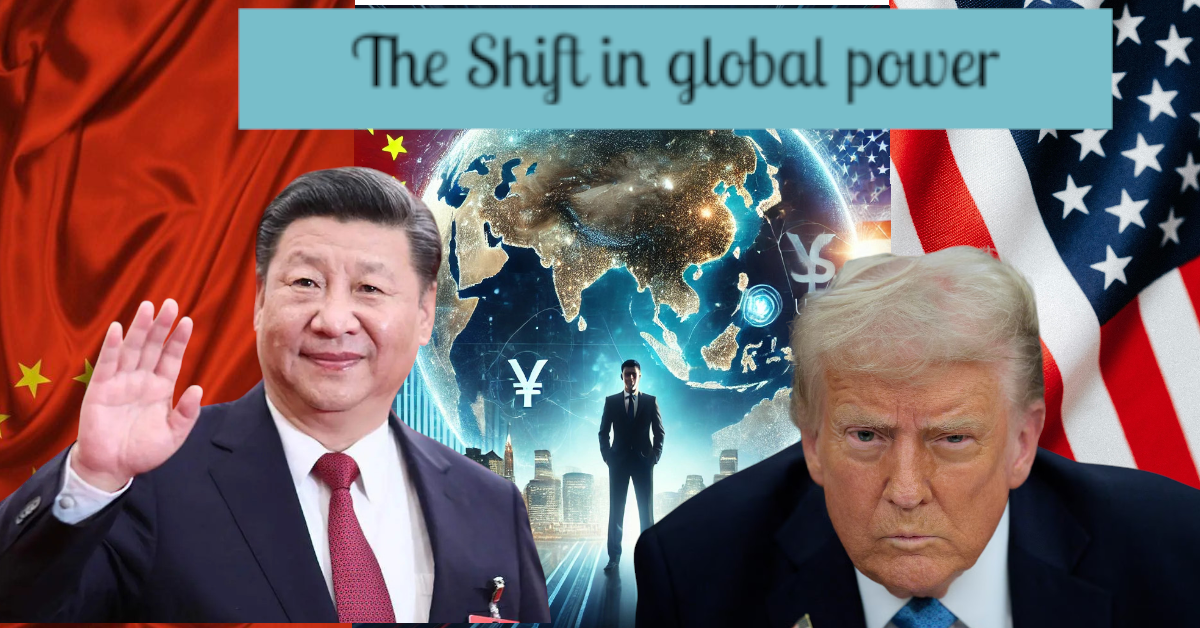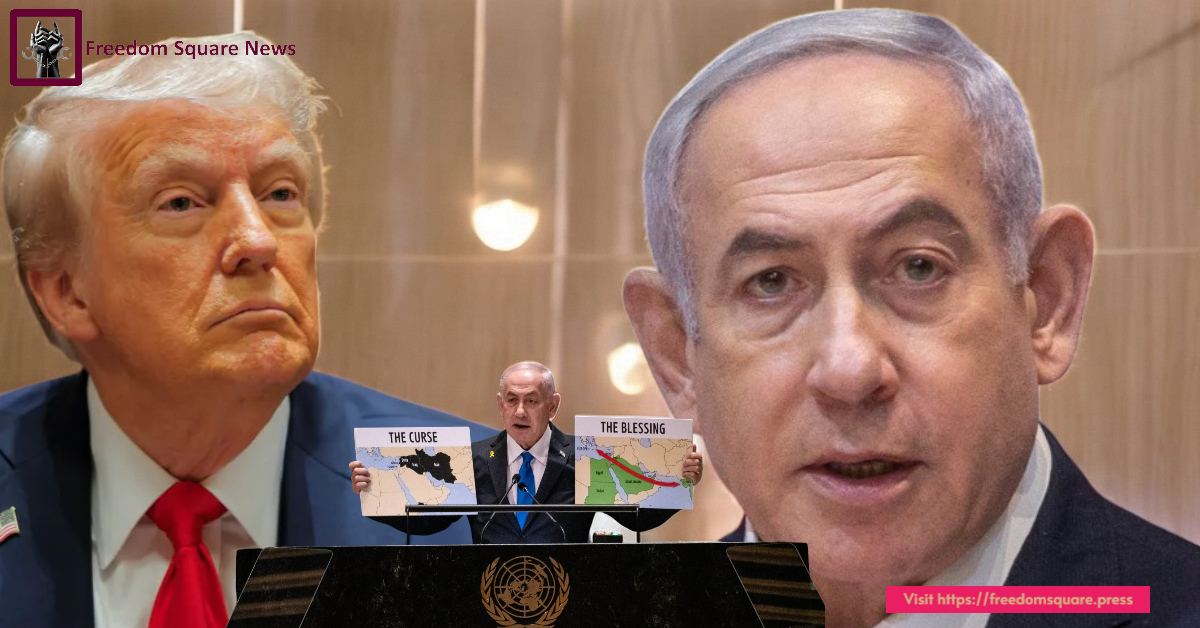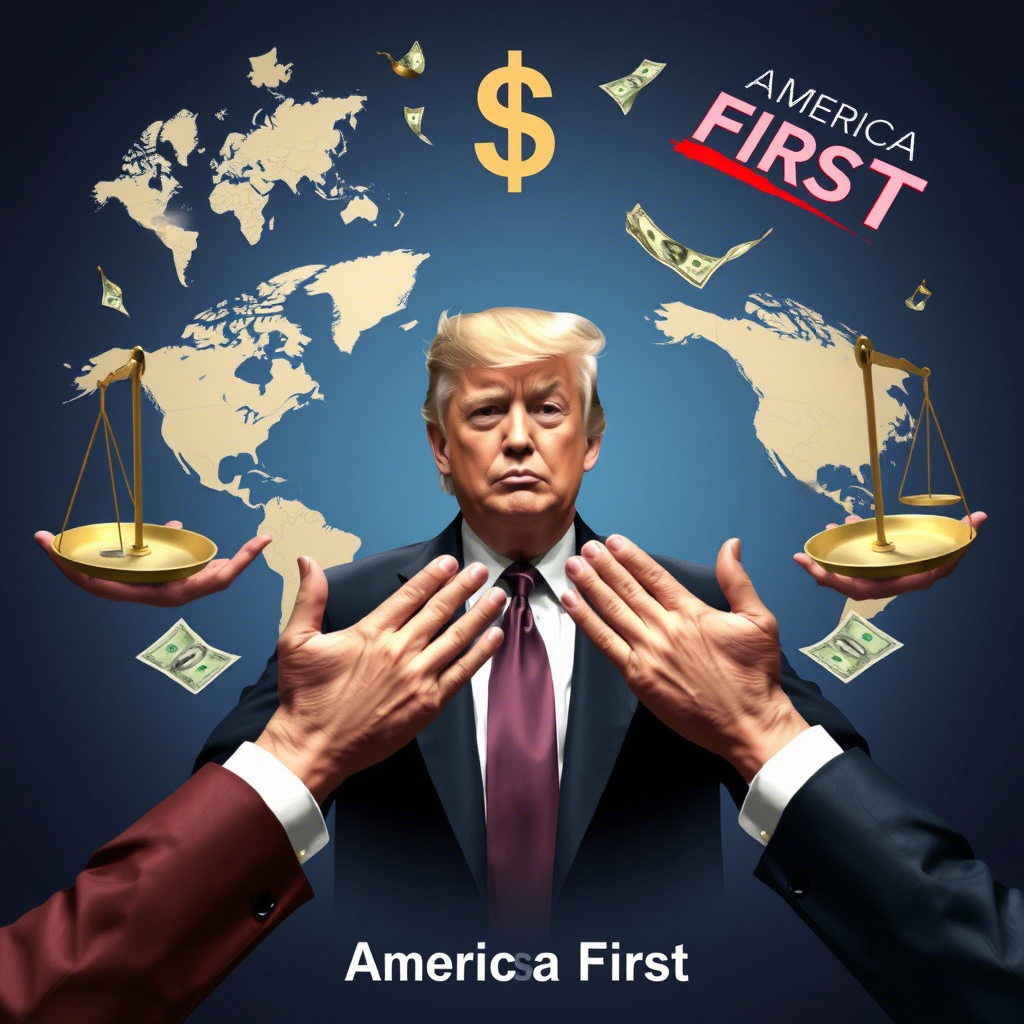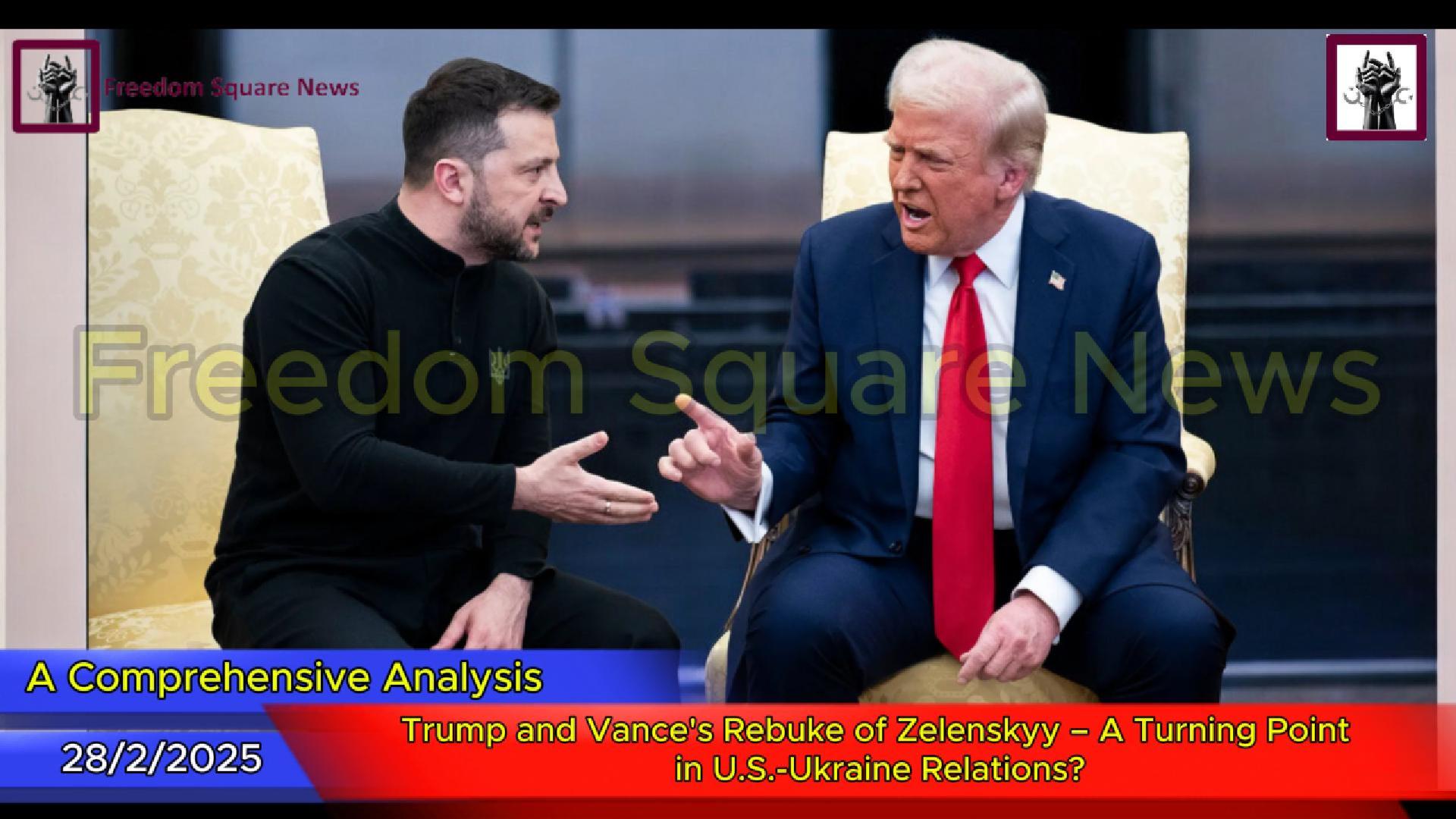Putin’s Vision for Redefining Global Economic Power
At the recent BRICS Summit in Kazan, Russian President Vladimir Putin made bold proposals aimed at redefining global economic power. His key recommendations—a BRICS grain exchange and a new investment platform—represent more than just technical solutions; they are part of a broader effort by Russia and its allies to challenge the Western-dominated global financial system.
As Putin seeks to deepen ties within BRICS, which originally started with Brazil, Russia, India, China, and South Africa, the bloc’s growing membership signals an expanding influence. Now including countries like Iran, Egypt, Ethiopia, the UAE, and Saudi Arabia, and with Turkey, Azerbaijan, and Malaysia formally applying for membership, BRICS is positioning itself as a key player in a multipolar world. But how realistic are these ambitions, and what challenges lie ahead?
The Grain Exchange Proposal: Securing Food and Prices: Putin’s suggestion to create a BRICS grain exchange taps into one of the most pressing global issues: food security. BRICS nations collectively represent some of the largest producers of grain, legumes, and oilseeds. By setting up a grain exchange, BRICS would establish a new pricing mechanism that could insulate its members from the volatility and speculation associated with Western-controlled markets. For many nations, especially in the Global South, this would be a welcome development amid rising food costs and disrupted supply chains.
However, establishing a functioning and reliable exchange across diverse economies with different agricultural systems poses significant challenges. For the grain exchange to succeed, BRICS members would need to harmonize regulations and policies, which may not be easy given their individual national interests.
A Financial Alternative for Emerging Markets
The BRICS Investment Platform: A Financial Alternative? Putin’s second major proposal was a BRICS investment platform, designed to provide financial support to emerging markets and bolster the national economies of its members. The platform, as envisioned, would serve as an alternative to Western financial institutions such as the International Monetary Fund (IMF) and the World Bank, which many countries feel are biased toward the interests of developed nations.
The investment platform could appeal to nations in the Global South, providing an attractive option for countries looking to diversify their financial partners and reduce dependence on Western-controlled lending institutions. However, funding such an initiative remains a significant hurdle. BRICS countries would need to commit considerable resources to make the platform viable, and their competing domestic priorities could limit their ability to fully support it.
Geopolitical Strategy: Challenging the Western-Led Order: The timing of these proposals is crucial. Since Russia’s intervention in Ukraine and the imposition of Western sanctions, the Kremlin has aggressively pursued closer ties with non-Western countries. For Putin, BRICS offers a platform to resist what he perceives as Western economic and political domination.
By proposing new financial and economic mechanisms, Russia is attempting to position BRICS as an alternative to Western-led systems like the SWIFT banking network, which Russia was largely excluded from following the Ukraine conflict. Putin’s vision is clear: BRICS, with its expanding membership and economic reach, could become a counterbalance to U.S. and European influence, particularly in the Global South.
However, the success of these initiatives will hinge on whether BRICS members can overcome their internal differences. While united in their desire for a multipolar world, BRICS countries have divergent economic interests and political systems, which could hinder their ability to act cohesively.
Can BRICS Execute Putin’s Vision?
BRICS’ rapid expansion, with new members from diverse regions, highlights its growing appeal. However, for Putin’s proposals to have a tangible impact, the bloc will need to navigate significant structural challenges. The creation of a grain exchange and an investment platform would require extensive coordination and sustained political will.
Furthermore, the broader international community will closely watch how these initiatives develop. If BRICS can establish itself as a credible alternative to Western institutions, it could mark a significant shift in global economic dynamics.
In the end, while Putin’s vision for BRICS is ambitious, its success will depend on how effectively the bloc can translate rhetoric into action. The Kazan summit laid the groundwork for potential change, but whether BRICS can rise to meet the challenge remains to be seen.
Russia’s proposals at the BRICS Summit underscore the bloc’s ambition to reshape global economic structures. Success, however, will require overcoming internal divisions and proving its credibility as an alternative to Western-led institutions.




